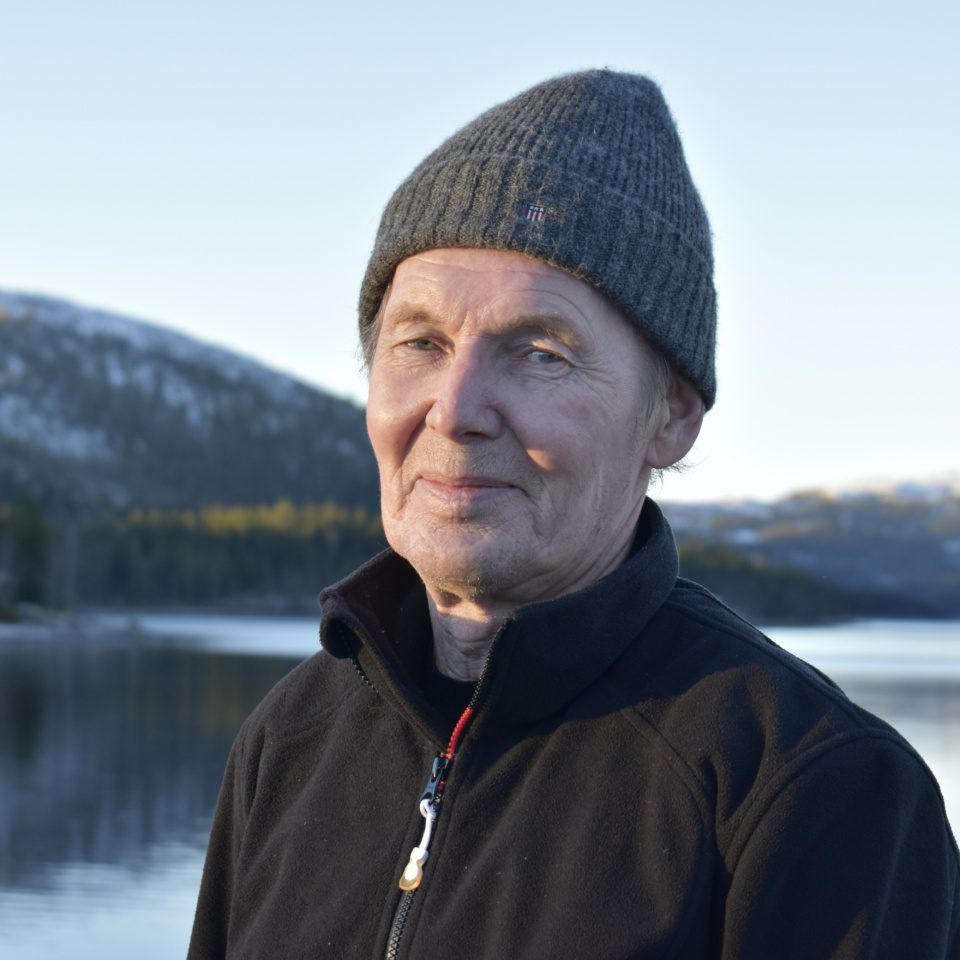Tjan Zaotschnaja grew up on Kamchatka, a Russian peninsula, in an indigenous hunter family. As a member of the Itelmens people she campaigned for human rights in the former Soviet Union until 1980, when she was expelled from the country and came to Germany. Since then, the now 70-year-old has acted as an intermediary between indigenous people in Russia and human rights activists in German-speaking countries.
Tjan Zaotschnaja, for over 40 years you have been observing the situation of indigenous people in Russia. How have their circumstances developed?
There is one development that made me particularly happy: for about ten years now, I have seen a growing effort, especially among the smaller communities, to preserve their language. The older generation is handing over their knowledge and traditional way of life to the younger ones, whilst also working together with scientists. This provides indigenous people with strength and courage, which allows them to chart a new course and further develop in the future.
Strength and courage: indeed, these are two resources that indigenous people in Russia urgently need.
Yes, many are afraid to fight publicly. Only very few are ready to enter the political arena to stand up for their rights. For years, indigenous communities relied on RAIPON, the umbrella organisation for Siberian indigenous people. However, this was disbanded by the pro-government party, triggering a great deal of insecurity among the communities in the process. Indigenous communities are experiencing increasing restrictions and violations of their rights. And when they have found themselves in difficulty, they don’t know who to turn to.
What is special about indigenous communities in Russia?
Compared to other peoples, Russia’s indigenous communities are small in number and widely dispersed. Therefore, communication is very difficult. This makes fighting for their rights extremely challenging.
How can they best be supported?
The far North is home to large quantities of resources and minerals, including oil, natural gas, hard coal, nickel and other rare raw materials. The government strongly promotes the extraction of resources without providing any form of protection for the rights of indigenous peoples. There are also foreign companies investing in the Russian companies extracting raw materials. It is important that we put pressure on these companies by providing information on the situation facing indigenous people in Russia. This is my mission, as I see it.

Tjan Zaochnaya draws attention to the human rights situation in Russia. Here at a stand campaign of the STP Germany in Munich.
How does your engagement translate into practice?
I see myself as an intermediary between Russia’s indigenous peoples and activists in German-speaking countries. In addition to providing information on human rights violations, I also make sure that the cultures of indigenous people are better known. When I came to Germany in 1980, people tended to think that there were only Russians and Kazakhs. This gave me an incentive to try and make people more aware of the diversity of Russian peoples, as well as telling them more about the very small communities. Without the variety of all the different minorities, even the smallest ethnic groups, our earth is nothing: we need all of them.
Is your commitment likely to put you in danger?
Not me personally, because I am not a whistleblower, I try to build bridges. However, when I last travelled to Kamchatka in 2014, I was horrified to see that some people I had worked with on some projects were acting as if they didn’t know me. Shortly before I left, two people came to tell me that they would be questioned by the secret service about our conversations as soon as I left. I know from my time as a dissident in the Soviet Union that for people in Russia it can be dangerous to talk about certain things.
What gives you hope?
I think there is hope when we stick together. We have the possibility of showing solidarity with the indigenous communities, making them feel that they are not alone in their fight. An example: in Germany, there are citizens resisting forced resettlement due to coal mining under the motto: “All villages remain!”. Exactly at the same time, there are indigenous people in southern Siberia campaigning for their land under the same motto. Indeed, hunting, fishing and gathering are vital to many communities.


